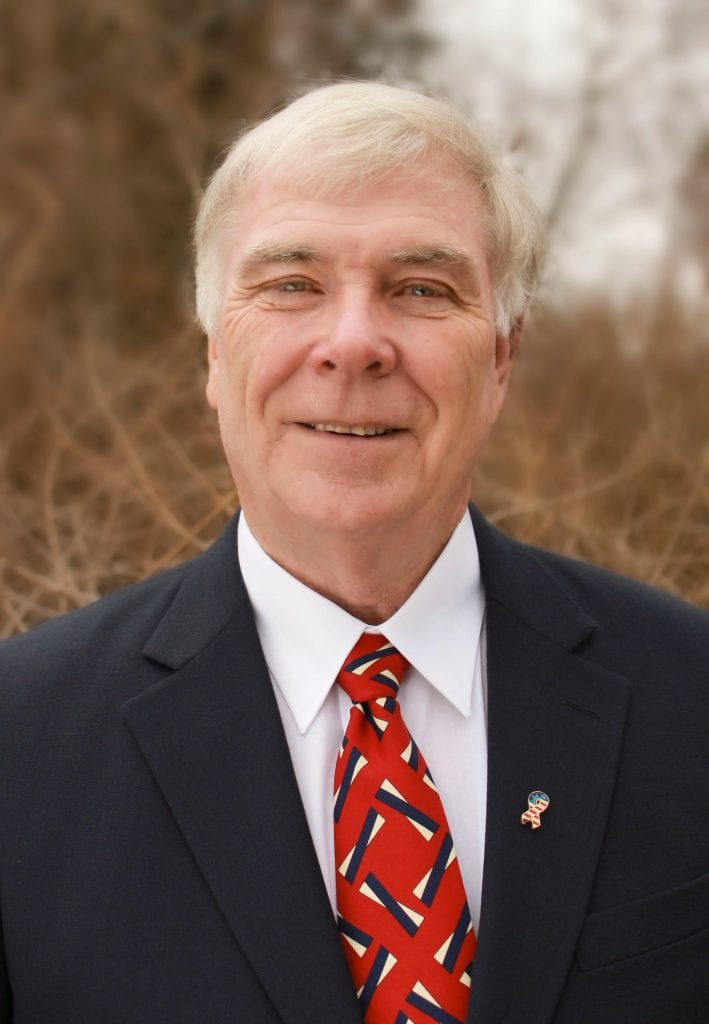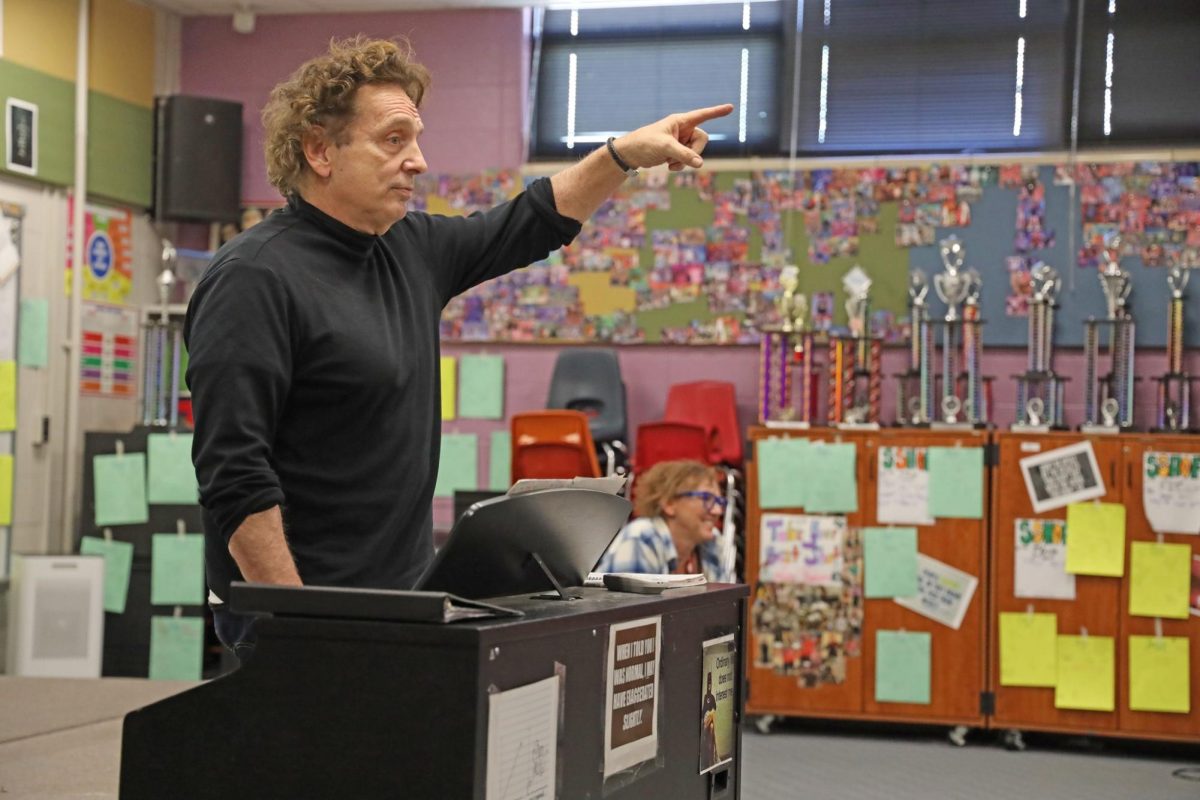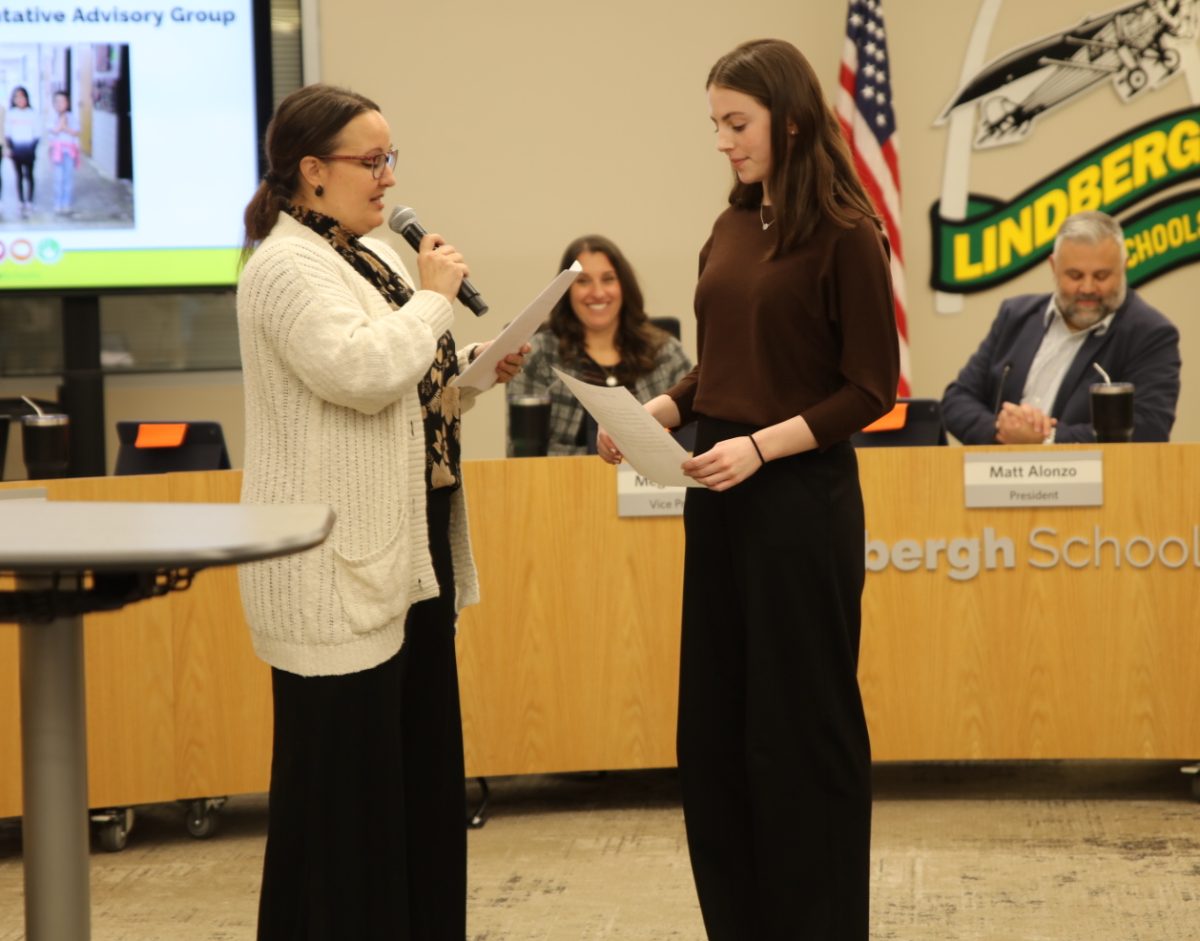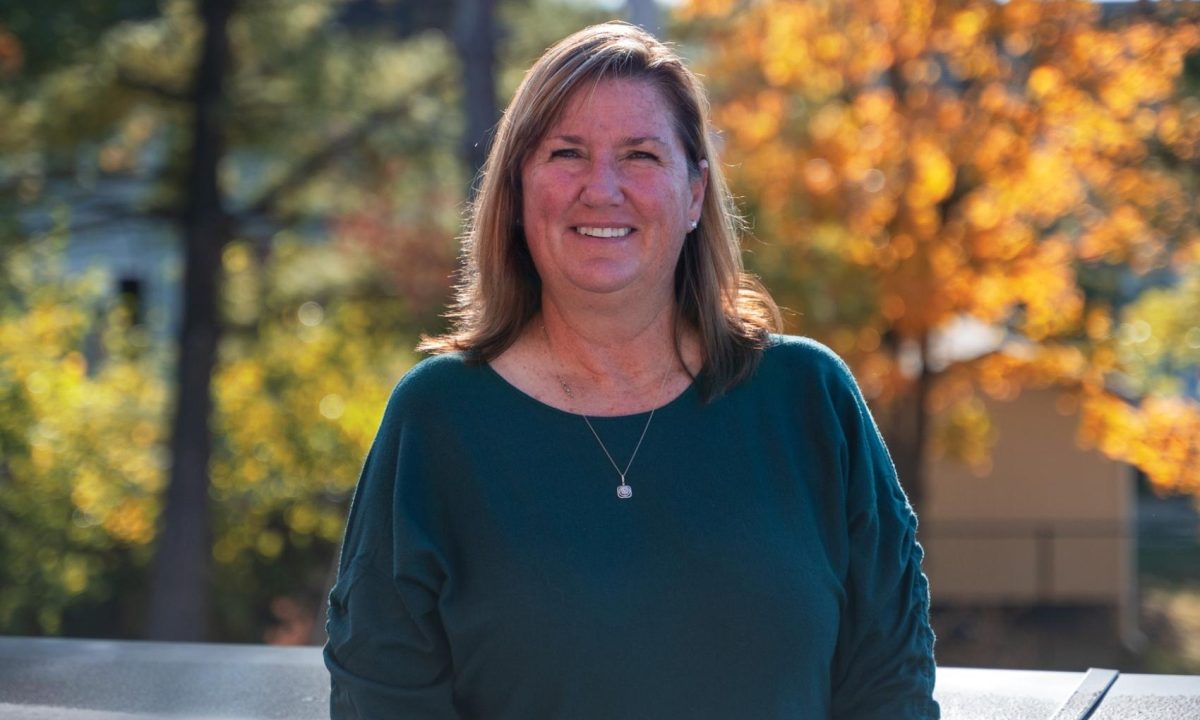As social media continues to increase in popularity and usage, the need for education on responsible use of the internet is becoming more apparent.
State Rep. Jim Murphy, R-Oakville, said today’s children are consuming more online media in their first 10 years of life than he did in his first 70. To help teach media literacy, Murphy has filed a bill called the Show Me Digital Health Act. The bill would require the Department of Elementary and Secondary Education to develop a curriculum with at least one unit of instruction on responsible social media use by the 2024-25 school year.
“Media literacy has become one of the number one issues in this country. We are now in a position where we have to teach our kids how to process that type of information,” Murphy said. “It’s not about the content they are receiving, but teaching them how to process it, how to verify, how to question, how to understand what the people sending media to you are trying to do.”
Murphy said a catalyst for the bill is the movement of bullying from the schoolyard to the internet. According to him, the issue was first brought to his attention a few years ago by Julie Smith, communications professor at Webster University, and experts like Smith could help with the curriculum if the time comes.
“We have children with mental health issues, we have kids that are actually committing suicide from being bullied on the internet,” Murphy said. “If we are not teaching children how to process that information it’s going to be detrimental to their health.”
If the bill were to pass, the curriculum building would be left to education and media experts and DESE. Thirteen other states, including Illinois, have passed similar legislation, so Missouri would have a guide for shaping its curriculum.
Murphy said media literacy may not necessarily be its own class, but teachings could be spread out among core classes like social studies or art. He said this is already the case somewhat, but the curriculum has not kept up with the reach of social media.
Similar bills have been introduced in the past by Murphy. Originally, it called for a committee to develop the curriculum, but deciding on who would serve on the committee caused a roadblock for the bill. This resulted in the change calling for DESE to make the curriculum.
According to Murphy, the bill has support from organizations like the Missouri Press Association and the Missouri Broadcast Association, and from administrators like Lindbergh Superintendent Tony Lake.
Lake said the ability to process information from a digital platform will only become more important as time goes on.
“That skill of being able to interpret information, is it factual, is it real, is it from a credible source?” Lake said. “The state has a personal finance requirement to teach basic skills … in my view this is just as important.”
Lake said Lindbergh has been proactive in implementing these processing skills in any relevant classes. He agreed with Murphy’s sentiment that this probably won’t be a stand alone lesson or class because students won’t retain or practice those skills as effectively. The implementation is ongoing and the Lindbergh Technology Advisory Committee is looking at ways to help educate parents on the subject.
The bill was slated to be heard by the education committee this week.

















